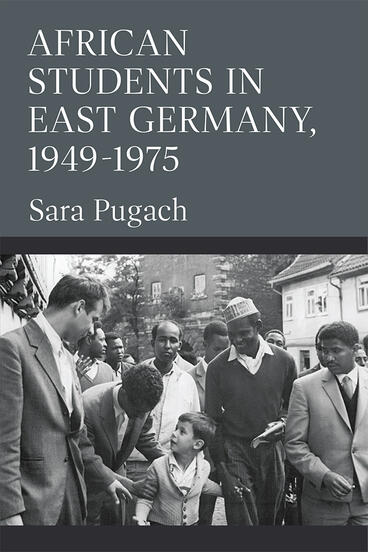African Students in East Germany, 1949-1975
Describes the lived experiences of African students in communist East Germany to shed new light on the history of Germany, Africa, and decolonization
Description
This book explores the largely unexamined history of Africans who lived, studied, and worked in the German Democratic Republic. African students started coming to the East in 1951 as invited guests who were offered scholarships by the East German government to prepare them for primarily technical and scientific careers once they returned home to their own countries. Drawn from previously unexplored archives in Germany, Ghana, Kenya, Zambia, and the United Kingdom, African Students in East Germany, 1949–1975 uncovers individual stories and reconstructs the pathways that African students took in their journeys to the GDR and what happened once they got there. The book places these experiences within the larger context of German history, questioning how ideas of African racial difference that developed from the eighteenth through the early twentieth centuries impacted East German attitudes toward the students.
The book additionally situates African experiences in the overlapping contexts of the Cold War and decolonization. During this time, nations across the Western and Soviet blocs were inviting Africans to attend universities and vocational schools as part of a drive to offer development aid to newly independent countries and encourage them to side with either the United States or Soviet Union in the Cold War. African leaders recognized their significance to both Soviet and American blocs, and played on the desire of each to bring newly independent nations into their folds. Students also recognized their importance to Cold War competition, and used it to make demands of the East German state. The book is thus located at the juncture of many different histories, including those of modern Germany, modern Africa, the Global Cold War, and decolonization.
Sara Pugach is Professor of History at California State University, Los Angeles.
Reviews
“This book brings into focus East German history through African eyes. Pugach skillfully depicts the entangled and complex nature of African and East German histories in the period of decolonization, including violent racism alongside deeply felt affection. Her work carefully illuminates ambiguous dynamics of African student life in East Germany focusing on the negotiation of the everyday.”
- Marcia C. Schenck
—Marcia C. Schenck, University of Potsdam

